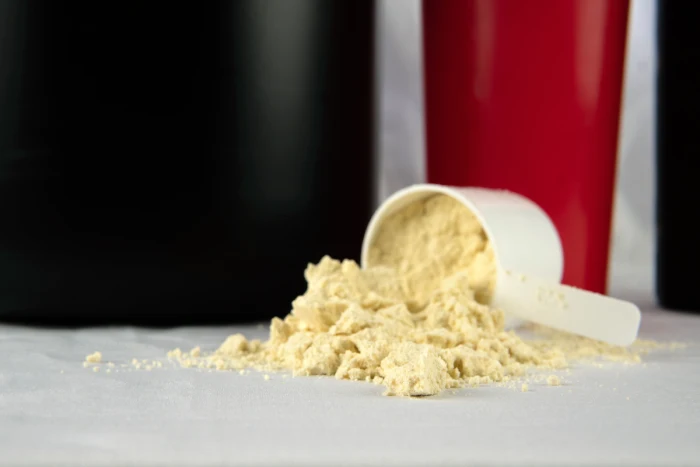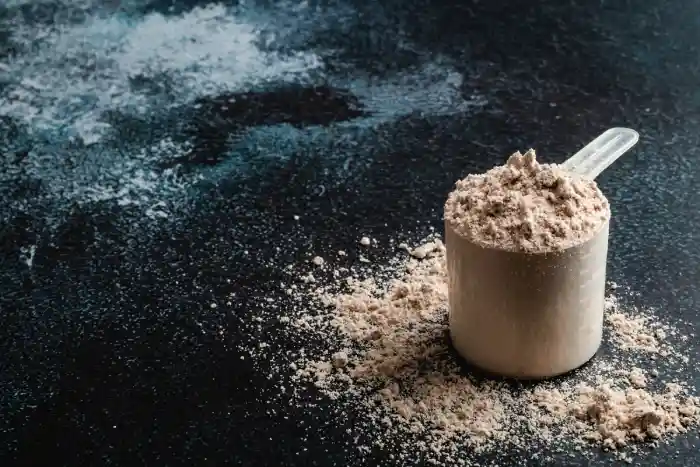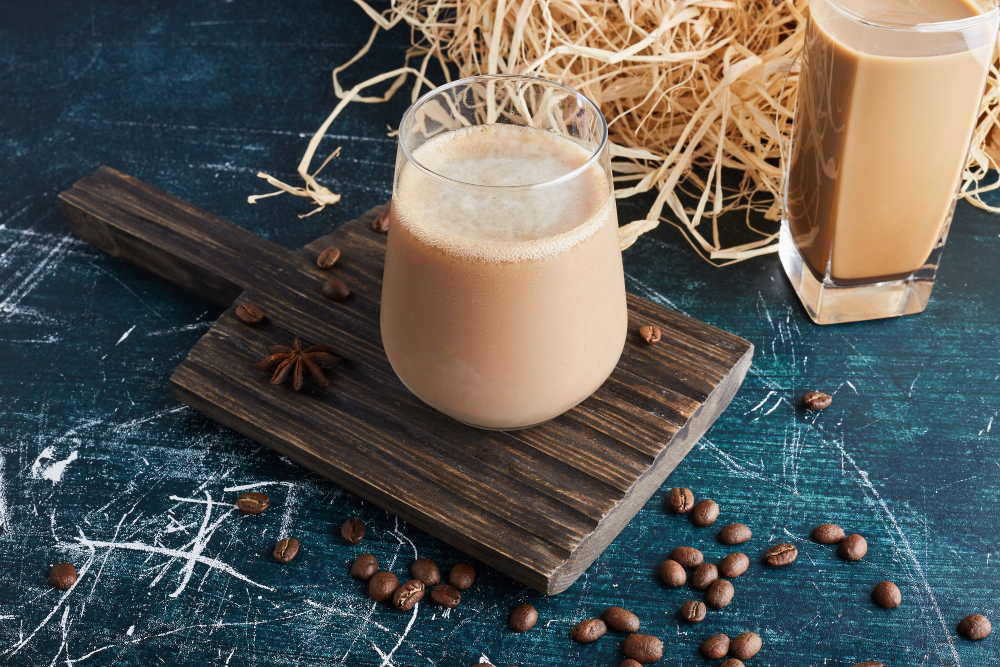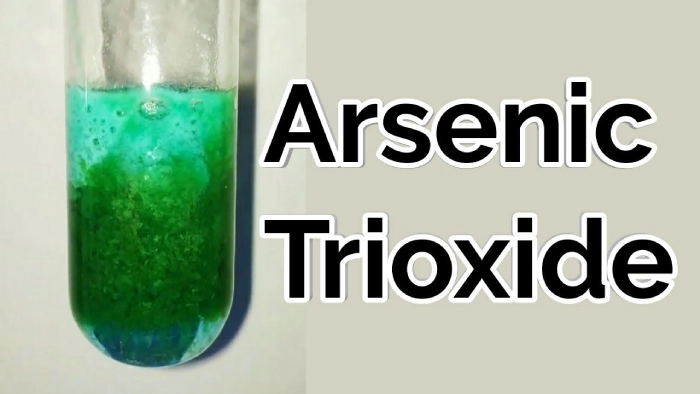What is Hemp Seed Protein Powder?
Understanding the Source and Production Process
Hemp seed protein powder is a plant-based protein supplement derived from hemp seeds, which are harvested from industrial hemp plants (Cannabis sativa). Don’t worry – unlike its controversial cousin marijuana, industrial hemp contains negligible amounts of THC (the psychoactive compound), making it completely safe and legal for consumption.
The production process involves carefully removing the oils from hemp seeds through cold-pressing, leaving behind protein-rich seed cake that’s then milled into a fine powder. This meticulous process ensures that the nutritional integrity of the protein and other beneficial compounds remains intact.
Key Nutritional Components
What makes hemp seed protein powder stand out in the crowded protein supplement market is its impressive nutritional profile. Each serving typically contains 15-20 grams of protein, depending on the processing method and brand. But it’s not just about the protein content – this powder is a nutritional powerhouse that offers a complete package of health-supporting compounds.

The History and Evolution of Hemp Seed Protein
Hemp has been cultivated for thousands of years, with its earliest documented use dating back to ancient China. While historically valued for fiber and oil production, the recognition of hemp seeds as a premium protein source is a relatively recent development. The rise of plant-based diets and increasing awareness of sustainable protein sources has catapulted hemp seed protein powder into the spotlight of the health and wellness industry.
Nutritional Profile and Benefits
Essential Amino Acid Composition
One of the most remarkable aspects of hemp seed protein powder is its complete amino acid profile. Unlike many other plant proteins, it contains all nine essential amino acids that your body can’t produce on its own. Of particular note is its high content of arginine and histidine, amino acids crucial for muscle recovery and growth.
Mineral and Vitamin Content
When you choose hemp seed protein powder, you’re getting more than just protein. This supplement is naturally rich in:
- Iron: Supporting oxygen transport throughout your body
- Magnesium: Essential for muscle and nerve function
- Zinc: Important for immune system health
- Phosphorus: Crucial for bone health
- Potassium: Vital for heart function and muscle contractions
Fiber and Healthy Fats
Even after the oil extraction process, hemp seed protein powder retains beneficial fiber and some omega-3 and omega-6 fatty acids. A typical serving provides 3-4 grams of fiber, contributing to your daily fiber requirements while supporting digestive health. The presence of these nutrients makes it more than just a protein supplement – it’s a functional food that supports overall health.
Health Benefits Backed by Science
Muscle Recovery and Growth
Studies have shown that hemp seed protein powder provides effective support for muscle recovery and growth, thanks to its balanced amino acid profile. The high levels of branched-chain amino acids (BCAAs) are particularly beneficial for athletes and active individuals. These BCAAs play a crucial role in reducing muscle soreness and supporting protein synthesis after exercise.
Digestive Health Benefits
Your digestive system will thank you for choosing hemp seed protein powder. The fiber content, combined with the easily digestible nature of hemp proteins, makes it gentler on your stomach compared to many other protein supplements. This is particularly beneficial if you’ve experienced digestive discomfort with other protein powders in the past.
Heart Health Support
The unique combination of nutrients in hemp seed protein powder contributes to cardiovascular health. The high arginine content helps support healthy blood pressure levels, while the omega fatty acids and fiber work together to maintain healthy cholesterol levels.
Who Should Consider Hemp Seed Protein Powder?
Athletes and Fitness Enthusiasts
If you’re actively engaged in sports or regular workouts, hemp seed protein powder can be an excellent addition to your nutrition plan. Its complete amino acid profile and natural anti-inflammatory properties make it particularly suitable for supporting athletic performance and recovery.
Plant-Based Diet Followers
For those following vegetarian or vegan diets, finding complete protein sources can be challenging. Hemp seed protein powder offers a solution by providing all essential amino acids in a plant-based form, helping you meet your daily protein requirements without compromising your dietary choices.
People with Dietary Restrictions
Hemp seed protein powder is naturally gluten-free and dairy-free, making it an excellent choice for individuals with common food allergies or sensitivities. It’s also typically free from common allergens like soy and nuts, though you should always check specific product labels for potential cross-contamination.
Comparing Hemp Seed Protein to Other Protein Sources
vs. Whey Protein
While whey protein is often considered the gold standard for protein supplements, hemp seed protein offers unique advantages. Though it may have slightly less protein per serving than whey, it compensates with additional nutrients and better digestibility for many people. It’s also more environmentally sustainable and suitable for those avoiding dairy products.
vs. Other Plant Proteins
Compared to other plant-based options like pea or rice protein, hemp seed protein stands out for its complete amino acid profile and additional nutritional benefits. While some plant proteins require combining multiple sources to achieve a complete protein, hemp provides everything in one convenient package.
Cost-Benefit Analysis
While hemp seed protein may be priced slightly higher than some alternatives, its comprehensive nutritional profile often provides better value for your money. Consider it an investment in both your health and environmental sustainability.
How to Choose the Best Hemp Seed Protein Powder
Quality Indicators
When selecting hemp seed protein, look for products that are organic and third-party tested. High-quality products should have a light green to brown color and a mild, nutty aroma. The protein content should be clearly stated on the label, typically ranging from 15-20 grams per serving.
Certification Standards
Look for products with organic certification and Good Manufacturing Practice (GMP) compliance. These certifications ensure your hemp seed protein powder meets strict quality and safety standards. Some manufacturers also obtain additional certifications for non-GMO status and sustainable farming practices.
Reading Labels
Understanding the label of your hemp seed protein is crucial. The protein content should be prominently displayed, and the ingredients list should be minimal. Be wary of products with added sugars, artificial flavors, or unnecessary fillers. A high-quality product typically contains just one ingredient: hemp seed protein.
Optimal Usage and Dosage
Recommended Daily Intake
The amount of hemp seed protein powder you should consume depends on your individual needs and goals. Generally, a serving size ranges from 20-30 grams, providing approximately 15-20 grams of protein. Athletes and very active individuals might benefit from multiple servings throughout the day, while those using it as a supplement to a balanced diet might need just one serving.
Best Times for Consumption
For optimal results, consider taking your hemp seed protein:
- Within 30 minutes after exercise for muscle recovery
- In the morning as part of your breakfast
- Between meals when you need additional protein
- Before bed to support overnight muscle recovery
Creative Ways to Use Hemp Seed Protein Powder
Smoothie and Shake Recipes
Transform your hemp seed protein powder into delicious beverages:
- Green Power Smoothie: Blend with spinach, banana, and almond milk
- Berry Protein Blast: Mix with mixed berries, yogurt, and honey
- Chocolate Protein Shake: Combine with cocoa powder, banana, and your choice of milk
- Post-Workout Recovery Shake: Mix with banana, peanut butter, and oat milk
Baking Applications
Get creative in the kitchen by incorporating hemp seed protein powder into:
- Protein-rich muffins and bread
- Energy balls and protein bars
- Pancakes and waffles
- Healthy cookies and brownies
Potential Side Effects and Considerations
Common Concerns
While hemp seed protein is generally well-tolerated, be aware of potential considerations:
- Start with a smaller serving to assess tolerance
- Stay hydrated, as increased protein intake requires more water
- Some people may experience mild digestive adjustment initially
- Those with hemp allergies should avoid this product
Medication Interactions
Though rare, hemp seed protein powder may interact with certain medications due to its high fiber content. Consult your healthcare provider if you:
- Take blood-thinning medications
- Are on medications that require precise timing
- Have specific dietary restrictions due to medical conditions

Storage and Shelf Life
Understanding proper storage is crucial for maintaining the quality of your hemp seed protein powder. Store it in an airtight container in a cool, dry place away from direct sunlight. While many manufacturers suggest a shelf life of 12-24 months, opening the container exposes the powder to air and moisture, which can affect its longevity. You might notice a change in smell or taste if the product begins to deteriorate, so it’s important to trust your senses. Consider transferring larger packages into smaller containers to minimize exposure to air each time you use it.
Market Analysis and Future Trends
The market for hemp seed protein powder continues to expand rapidly, driven by increasing consumer awareness of plant-based proteins and sustainable nutrition. Industry analysts predict significant growth in the coming years as more consumers shift toward plant-based alternatives. This growth is particularly notable in regions with strong health and wellness sectors, including North America, Europe, and increasingly, Asia-Pacific markets.
Innovation in processing technologies has led to improvements in texture and taste, making hemp seed protein powder more appealing to mainstream consumers. Manufacturers are responding to market demands by developing new formulations that blend hemp seed protein with complementary ingredients, though pure, single-ingredient products remain popular among health-conscious consumers.
Frequently Asked Questions (FAQs)
Q: Does hemp seed protein contain THC or other psychoactive compounds?
A: No, hemp seed protein is made from industrial hemp seeds that contain negligible amounts of THC. It’s completely safe and legal for consumption.
Q: Can I replace all my protein sources with hemp seed protein powder?
A: While hemp seed protein powder is nutritious, it’s best used as part of a varied diet. Combine it with other protein sources for optimal nutrition.
Q: Will hemp seed protein help me build muscle?
A: Yes, when combined with proper resistance training and adequate calories, it can effectively support muscle growth due to its complete amino acid profile.
Q: Is hemp seed protein powder suitable for children?
A: While generally safe, consult with a pediatrician before adding any protein supplements to a child’s diet.
Q: How can I make hemp seed protein powder taste better?
A: Try blending it with fruits, cocoa powder, or natural sweeteners. Start with small amounts and adjust to your taste preferences.
Conclusion
As we’ve explored throughout this comprehensive guide, hemp seed protein powder stands out as a versatile and nutritious protein source that aligns perfectly with modern health and sustainability concerns. Its complete amino acid profile, coupled with an impressive array of nutrients, makes it more than just another protein supplement – it’s a functional food that can contribute significantly to your overall health and wellness goals.
Whether you’re an athlete looking for a plant-based protein source, someone with dietary restrictions, or simply interested in incorporating more sustainable options into your diet, hemp seed protein offers a solution that doesn’t compromise on nutrition or environmental responsibility. As with any dietary change, remember to start gradually and listen to your body’s response. The growing availability and improving quality of hemp protein products suggest that this sustainable protein source will continue to play an increasingly important role in the future of nutrition.
The key to success with hemp seed protein, as with any supplement, lies in understanding how to integrate it effectively into your existing diet and lifestyle. By following the guidelines and suggestions provided in this guide, you’re well-equipped to make informed decisions about incorporating this valuable protein source into your daily routine.



